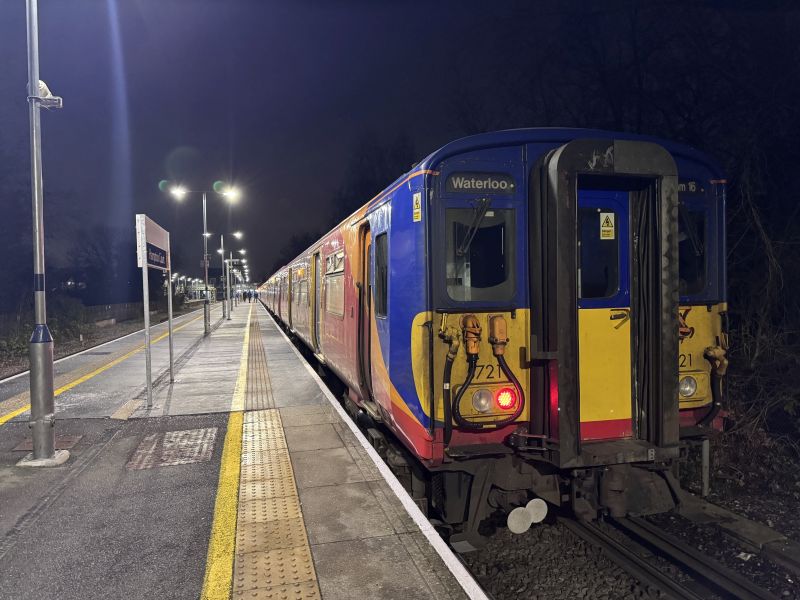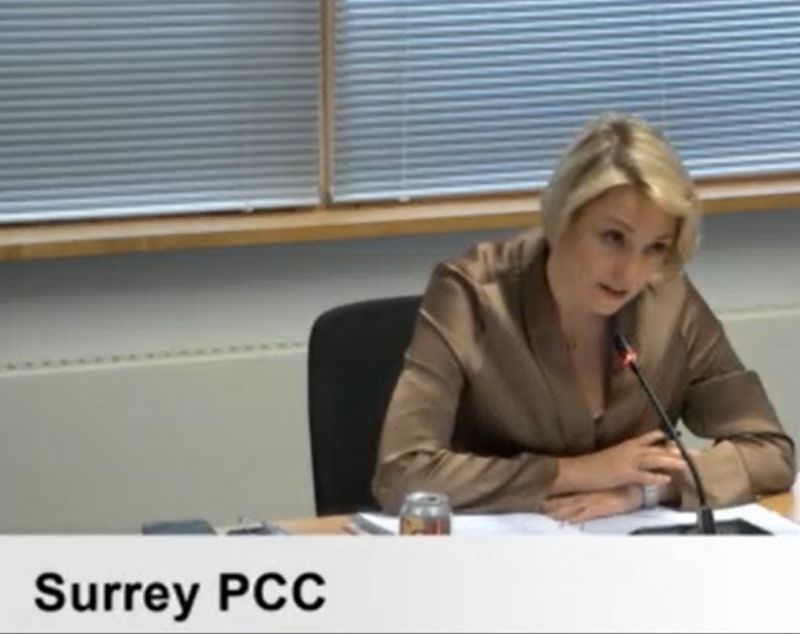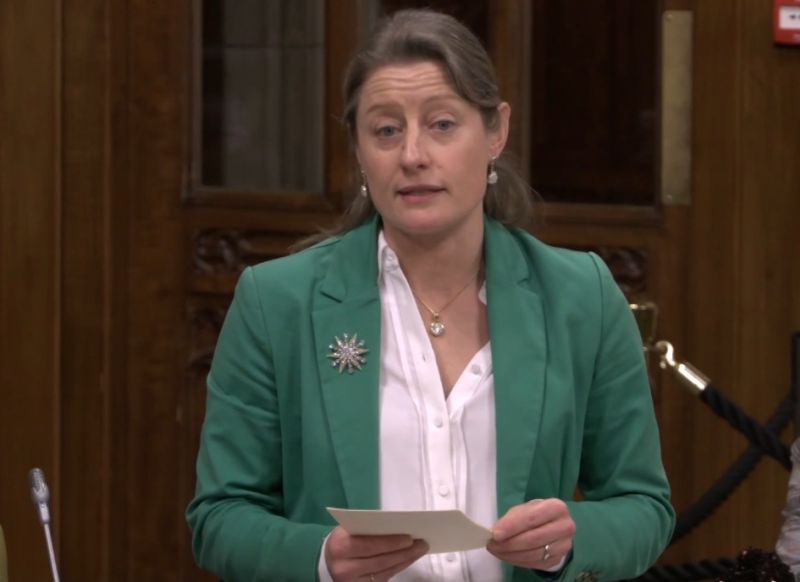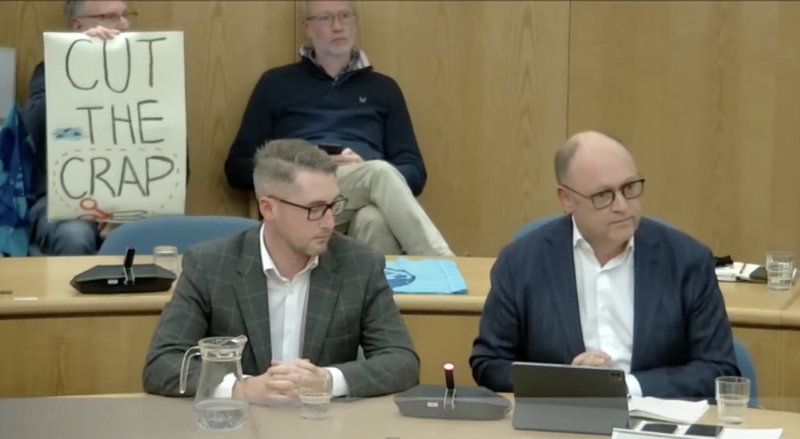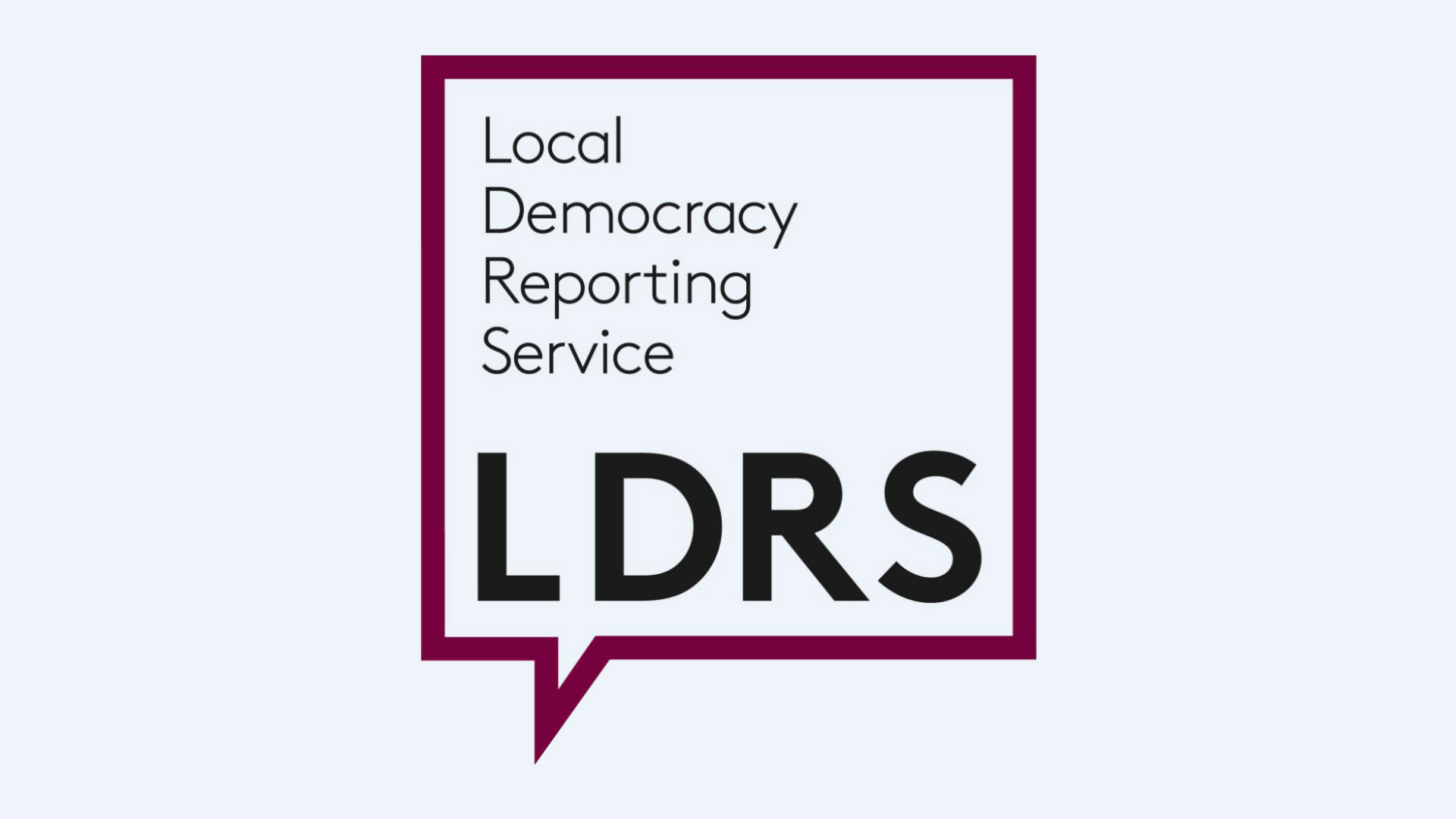Surrey borough kicks up a stink about stink
More than 200 tankers of human poo were shipped in to Camberley from across Surrey, Hampshire and London, saving Thames Water millions in potential pollution fines and its sewage trucks from “exploding”. This comes at the expense of 11,600 residents who got nothing in return, save for a summer of vile stench, a committee heard.
Chiefs from the utility firm were called in to Surrey Heath Borough Council to answer questions as to how 12,000 cubic metres of raw untreated sewage and sludge was left to fester in the heat – forcing thousands of people to stay inside with their windows closed during the summer.
The committee also challenged water bosses over pledges they thought had been made on compensation to Camberley residents who “bore the cost” so the company, which recorded a total revenue of £2.3 billion last year, could profit.
Councillors said they were led to believe Thames Water would contribute towards a playground as a goodwill gesture to children who had been forced to stay indoors, with committee chair, Councillor Rob Lee, going as far as to say Thames Water should offer “a year’s free water bills” to those affected.
Thames Water’s representatives said they never made a firm commitment to contribute to any scheme. The company claims they have made organisational improvements since.
The committee heard that Thames Water could not have made any offers of goodwill as the people attending the meeting did not have the power to do so.
In the end, Thames Water’s leadership offered to let staff have a charity day to support building a local project that never got off the ground.
The sewage started being shipped into Camberley Sewage Works in February this year and by March the two 6,000 cubic metre tanks were “completely full”.
At the time, the committee heard, odour suppression was in place but it wasn’t 24/7 and didn’t cover the entire tank, which also suffered from maintenance issues.
By June, the council began to receive formal complaints. Initially the council was told the problem was due to blockages and drainage.
It took until the middle of July for Thames Water to publicly admit it was a holding tank with a “large quantity of sewage sludge within it”. It would remain untreated until the beginning of August with the tanks finally cleared and cleaned of waste on September 25.
Speaking to the committee was operations director James Bentley. He apologised “unreservedly” and said: “We didn’t get everything right in that process and we’re not here to pretend that we did.” He said the firm should have put in odour controls in place and communicated with residents much sooner. He said: “We had been experiencing a very extreme sludge event…where our system across the whole of the Thames Water estate, was overloaded. Not only with liquid sludge but also with cake which is the solid material when we process sludge and remove a chunk of the water from it. That system was overloaded on the liquid and solid side.”
Thames Water staff told the meeting it left them with no choice but to put liquid sludge into reserve tanks. Mr Bentley said: “It has to go somewhere, it cant just be discarded into the environment. We have to store it until we are able to treat it.” His colleague added: “If we didn’t move the sludge we’d have pollution trucks potentially exploding, and that’s why we’d done it.”
Cllr Rob Lee said: “You act in the shareholders best interest, you don’t intend to cause a substantial sewage leak unless its a commercially managed one, you don’t intend to cause a Heath and Safety Executive incident, so what you did was you moved the sludge to Camberley. So the people that bore the cost of that were the residents of Camberley, substantially through the summer, through their loss of enjoyment and I think it’s understanding the loss position those residents bring.
“They are your customers, they pay you money, and they missed out substantially on the enjoyment of their summers. Raw sewage smell around your home is pretty different to that in a treatment plant as that is your job. You need to consider a gesture of goodwill to residents. A starting point is a year’s complimentary water bill. It clearly saved Thames Water in material terms millions if not tens of millions of pounds, so I think we need to start exploring that avenue.”
The two hour meeting concluded with the Thursday, November 28 executive partnerships select committee agreeing to formally ask for a “decision maker who has the ability to sign off on compensation” to appear before the next meeting, in March.
The council’s executive team will also write to regulators Ofwat, MP Michael Gove and the environment secretary to ask them to consider the wider sense of pollution and whether Thames Water diverted the risk of fines by increasing the air pollution in Camberley.
Image: Thames Water Meeting (Surrey Heath BC)










